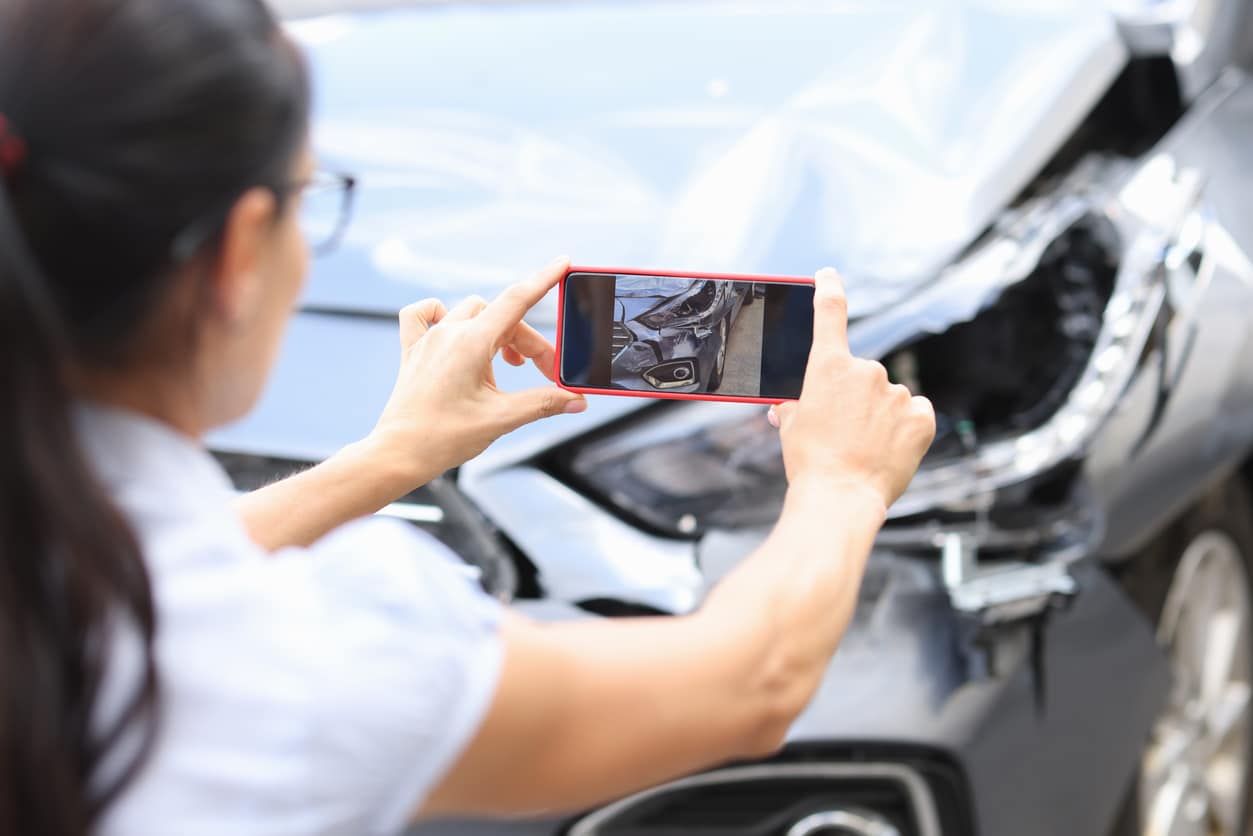
Colorado is commonly known as an “at-fault” state, meaning you may have the right to seek compensation from the party or parties held responsible for your injuries.
In such cases, the individuals (or entities) deemed at fault may be liable for providing you with the necessary compensation for your damages and losses, including filing an insurance claim. Once the at-fault driver is identified and located, you may attempt to seek compensation via their insurance company. If the driver has low policy limits or is uninsured, you may file a civil lawsuit against them.
Hit-and-Run Laws in Colorado
The law in Colorado mandates that every individual operating a motor vehicle must purchase and maintain at least the minimum insurance coverage specified by the state. Even in cases where the hit-and-run driver’s identity is known, their car insurance coverage limits may not suffice to cover the damage you have suffered.
In such situations, where the at-fault driver has low policy limits or, worse if it turns out that the driver is uninsured, recovering the compensation you deserve can be challenging for accident victims. Even so, you could always file a personal injury or property damage lawsuit to recover compensation directly from the at-fault driver’s assets. If you find yourself under this sort of circumstance, legal advice from a seasoned Highlands Ranch car accident attorney would be essential.
A far more complicated problem is that the at-fault driver’s identity is often unknown, at least for some time following the accident. Even in those hit-and-run cases, though, you may be able to receive compensation for your injuries and property damage.
Read our article: Should You Call the Police to the Scene of an Accident?
Uninsured Motorist Coverage
You may wish to consider purchasing additional insurance, on top of the state-required minimums, such as Uninsured Motorist (UM) coverage and Medical Payments coverage (MedPay). Doing so may help you significantly in terms of covering losses arising from your injuries and related expenses.
Uninsured motorist coverage is a type of insurance that provides compensation to drivers who are involved in accidents with uninsured or underinsured drivers. If the driver who caused your hit-and-run accident can’t be identified or does not have adequate insurance coverage, your UM coverage may help cover your medical bills, lost wages, and other expenses resulting from the accident, subject to the eligibility criteria of your policy.
State law requires all insurers in Colorado to provide Uninsured Motorist (UM) coverage and Underinsured Motorist Insurance (UIM) equal to the policyholder’s current level of liability coverage. Even though this type of insurance is optional, you may only refuse to purchase it and opt to carry only the minimal level of insurance in writing.
Medpay Coverage
MedPay coverage is another type of insurance that can help cover medical expenses resulting from a hit-and-run accident, regardless of who was at fault. MedPay is typically optional in Colorado, but it can be a useful resource for drivers who want additional protection in the event of an accident.
As is the case with UM insurance, purchasing MedPay coverage is not mandatory in Colorado. Nevertheless, car insurers are under obligation to automatically add $5,000 of MedPay coverage to all auto insurance policies sold in the state, and policyholders are only allowed to opt out of it in writing.
Health Insurance
Another option you may wish to look into is having some of your medical care expenses resulting from a hit-and-run accident, especially in the initial stages, through your health insurance. If you currently have health insurance coverage, and while you are waiting for a settlement from an insurance company or a personal injury lawsuit, you may opt to have at least a portion of your medical expenses paid through this route.
In any event, the critical thing that you need to remember is that the specific details of your insurance coverage and resulting options will depend on your policy. Therefore, you must review your policy carefully and consult your insurance provider or car accident attorney if you have any questions or concerns.
Where to Get Started
If you or someone close to you has been injured in a hit-and-run accident, you should reach out to an experienced Highlands Ranch personal injury attorney for legal guidance as soon as you’re reasonably able. At Legal Help in Colorado, you don’t owe a dime until we get you a settlement, so you have nothing to lose!
Ross Ziev and his team of skilled hit-and-run attorneys at Legal Help in Colorado have a proven track record in handling injury claims involving Colorado hit-and-run incidents. We are your legal partners in the full process, from handling negotiations with insurance companies to providing representation in court.




